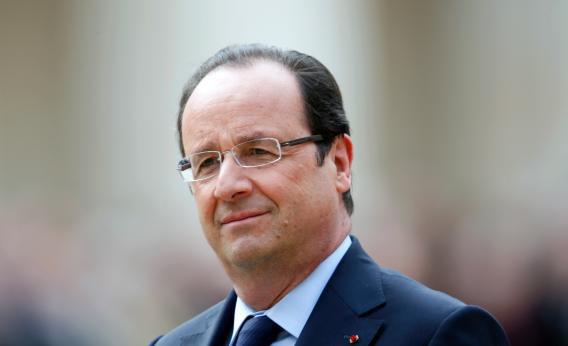Evan Soltas has a somewhat alarmist post up about how the French government’s commitment to its film industry might sink U.S.-EU free trade talks.
As it happens, I’ve been in Brussels and Strasbourg all week and have had the opportunity to discuss this with many people including representatives of the European Commission, the U.S. government, the U.S. Chamber of Commerce, the American Chamber of Commerce in the European Union, an American film studio, and members of the European Parliament from all the major European political parties. After this pretty exhaustive go-round, I think I can say pretty confidently that there’s no chance of talks actually being scuttled over this issue. French politicians are engaged in a round of dramatic posturing that their partners find annoying, but the U.S. government is not seriously contesting the point at issue.
So here’s the story. Turn the clock back 20 or 25 years and you had a very active debate over whether or not national origin quotas in the film and television industry should be considered a “trade barrier” for the purposes of the Uruguay Round of GATT. At that time, Hollywood was in an expansionist mood and was very eager to knock down barriers to their entry into foreign markets. There was quite a drawn-out battle on the subject, in which eventually the U.S. government decided it had bigger fish to fry and the principle of a “cultural exception” to prohibitions on import quotas was enshrined into the World Trade Organization. It turns out that except for France (across the board) and to a limited extent Canada (basically only in the realm of music) very few countries have an interest in maintaining these kind of quotas. But France is quite committed to protectionism for its film industry.
Now flash forward to 2013 and U.S. and European leaders are talking about negotiating a Trans-Atlantic Trade and Investment Partnership. This would presumably involve a lowering of tariffs, but tariffs are already very low. The real action is going to be in regulatory harmonization—for example, seeing if the United States and the European Union can agree on a single standard for the safety of food, drugs, automobiles, and other consumer products.
Obviously in theory TTIP negotiations could be a forum in which the United States might reopen the issue of French cinema protectionism. But there is no indication whatsoever that the American government thinks this is plausible or important. American firms already produce a majority of French content, the French market is not particularly large, and most important these quotas are irrelevant in a world of digital streaming and digital downloads, so it’s just not that big of a deal on a forward-looking basis. Nonetheless, there is a dispute. The government of France is threatening to deny the Commission negotiating instructions unless the instructions explicitly take cultural protectionism off the table. The Commission doesn’t want to do this because they think it’s poor negotiating strategy to come to the table with random preconditions. It is 100 percent obvious that even if the Commission did somehow agree to throw French cultural protectionism under the bus that would simply lead to a French veto of the overall package.
So why is François Hollande picking a fight over this? Politics.
He wants to be seen as delivering for France and delivering for the French film industry. The European Union was basically a French project when it launched, but the combination of German unification and expansion to the Nordic countries and Central Europe has massively decreased French influence in the EU. French economic problems have threatened to throw France into a subordinate relationship to the Commission à la Italy and Spain, and Hollande and the Commission are having an unrelated fight over the direction of French economic policy. Everyone else would prefer for Hollande to pocket a nice quiet polite win on this subject, but he prefers a noisy and messy win. So he’ll get one, the talks will go on, and it won’t matter at all since digital distribution is undermining the basis of the policies in question much more dramatically than any investment pact ever could.
If TTIP talks fail—which they very well might—it will be because negotiating a regulatory framework for two different continents with very different institutions and politically histories is just really hard.
